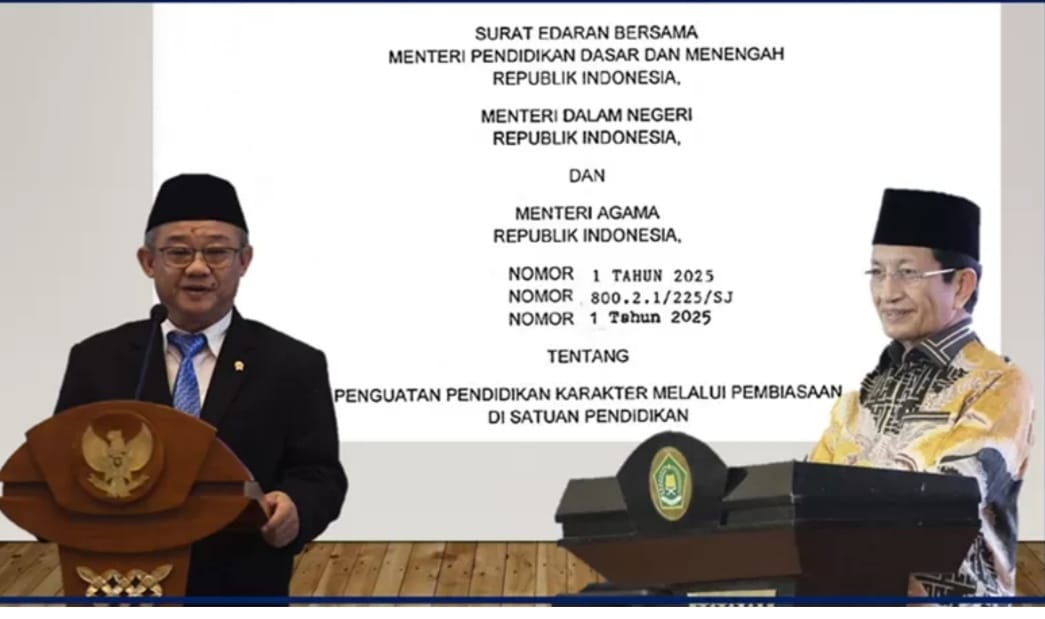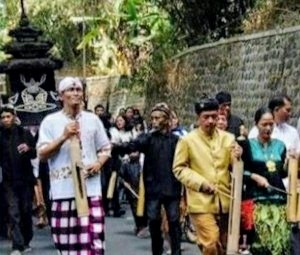By: Sujaya, S. Pd. Gr.
(Teacher at SMPN 3 Sindang, Indramayu Regency)
A. Extracurricular Activities in Schools
Extracurricular activities are non-formal curriculum programs organized by schools or educational institutions to support students’ holistic development.
These activities aim to nurture students’ interests, talents, skills, and character in specific areas such as arts, sports, science, organization, or social activities.
Examples include:
1. Sports: Football, futsal, athletics, basketball, badminton, volleyball, swimming, martial arts, karate, taekwondo, etc.
2. Arts: Music, dance, theater, visual arts, public speaking, storytelling, stand-up comedy, etc.
3. Academics: Science clubs, debates, Youth Scientific Research (KIR), quizzes, subject Olympiads, etc.
4. Organizations: Scouts, Student Council (OSIS), Red Cross Youth (PMR), Flag Bearer Team (PASKIBRA), etc.
5. Others: Photography, journalism, video editing, content creation, robotics, foreign languages, etc.
Through these activities, students can develop teamwork, leadership, discipline, and creativity, which are essential for formal learning and everyday life.
B. The Role of Extracurricular Activities in Character Building
Extracurricular activities are crucial for shaping students’ character. They enhance not only cognitive skills but also personal traits like discipline, cooperation, and leadership. Additionally, they foster a sense of belonging and responsibility.
C. The Importance of Character Education
Strengthening students’ character is a critical aspect of education. Issues like bullying, if left unchecked, can create an unsafe and unpleasant learning environment, hindering the quality of education.
The goal is to instill eight key national character traits: religiosity, morality, health, intelligence, creativity, hard work, discipline, independence, and social usefulness. These traits are developed through daily habits that are consistent and ongoing.
D. The Government’s Role
The government has taken a major step by collaborating across three ministries—Education, Home Affairs, and Religious Affairs. On January 16, 2025, these ministries issued a Joint Circular (SEB) to strengthen character education through habitual activities in educational settings.
The SEB emphasizes the importance of “Four Centers of Education”—schools, families, communities, and media—to promote the Seven Habits of Great Indonesian Children (7HGC). These habits include:
1. Waking up early
2. Worshiping
3. Exercising
4. Eating healthy and nutritious food
5. Loving to learn
6. Socializing
7. Sleeping early
The implementation involves meaningful, engaging, and enjoyable practices, such as morning exercises twice a week, singing the national anthem, and praying together before classes.
E. Schools’ Role and Responsibilities
Schools play a central role in implementing government policies. Here are some key actions schools can take:
1. Scouting and General Extracurricular Activities:
Programs like Scouts, Leadership Training, Red Cross Youth, and Flag Bearer Teams are vital in fostering teamwork and leadership skills.
2. Youth Scientific Research (KIR):
Activities like scientific research and innovation encourage critical thinking and creativity to tackle advanced technological challenges.
3. Developing Talents and Interests:
Programs in arts, sports, journalism, and technology provide students with platforms to express their interests and build self-confidence.
4. Religious Activities:
Activities like religious camps, sermons, scripture reading, and celebrations of religious holidays strengthen spirituality and tolerance.
5. Collaborating with the Community and Government:
Schools should collaborate with communities and government agencies to enhance the quality of education and foster students’ character. Public campaigns through media can raise awareness and encourage participation from all stakeholders.
NTB, January 23, 2025
![]()




